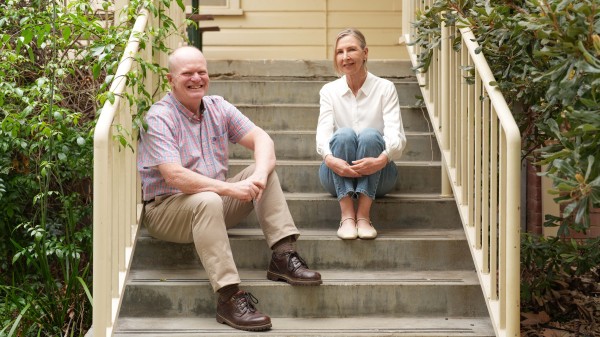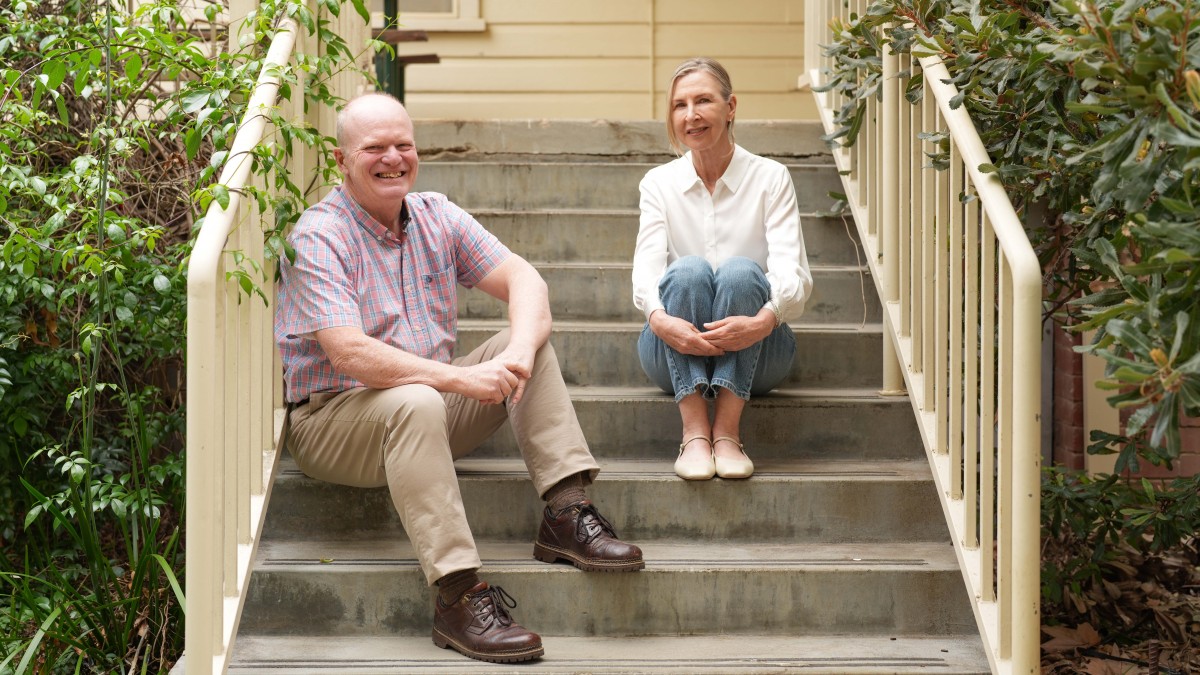Evidence continues to build for the use of psychedelic agents, such as psilocybin and MDMA, to treat depression, anxiety, trauma and OCD.
To date, research has focussed on undertaking psychedelic treatment in a one-to-one setting with the patient supported through the therapeutic process by a trained clinician.
Each therapy session takes six or more hours – until the medication wears off.
Given the time commitment for both the patient and clinician, this one-to-one therapeutic approach can create cost barriers to accessing treatment.
In a bid to increase accessibility, a new study by the Australian National University (ANU) School of Medicine and Psychology will look into the viability of the application of psychedelics in a group setting.
The study will focus on the psychological, cognitive and physical effects, including adverse events, of taking psilocybin and MDMA in a group setting.
Healthy adults who have successfully completed sufficient training in psychedelic assisted psychotherapy will participate in this feasibility and mechanistic study.
Dr Neil Bailey who is leading the research advised, “Using an electroencephalogram (EEG) we’ll be measuring the brain waves of participants before, during, and after exposure to either MDMA or psilocybin, to see the effects each of the medicines has on the brain.”
Participants will be briefed on what to expect from the experience, and side effects will be recorded. A psychotherapist and a nurse will be on hand to support the participants through the process.
“As a first of its kind study we will also explore if there is an ideal number to make a group functional.”
“The participants will have training in psychedelic assisted therapy and so we’re also keen to understand whether experiencing firsthand the effects of psychedelic medicine contributes to a therapist’s competency,” Dr Bailey said.
“We’ll also measure whether participants report personality changes, in particular changes to their openness to experience, and their trust of others. These two aspects could have implications for psychotherapy as psychedelics may make people more open and more trusting, potentially enabling talk therapies to better able to engage patients to enable greater psychological change from the therapy.”
“Similarly, we’ll also measure emotional processing using both cognitive tasks and brain activity, which will provide further insight into how psychedelics might help within the psychotherapy process,” Dr Bailey advised.
The study will run over a three-year period with funding provided to ANU by a donation from Mind Medicine Australia.
This article was originally published here.










